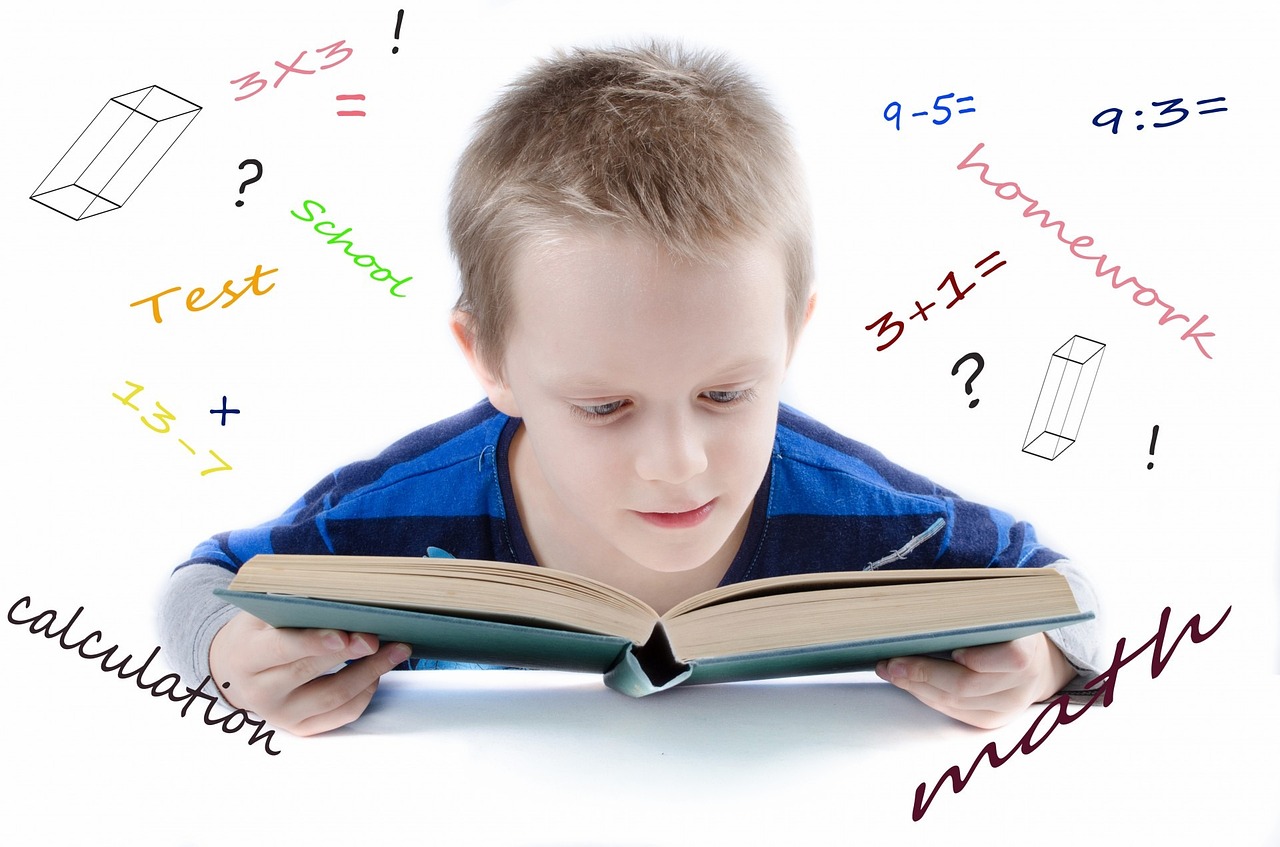Questions are the raw stuff of education. It behooves us to understand them and how they work.
The general assumption is that a question is subordinate to its answer. A question by nature seeks an answer, after all: that’s its point. But the relation is not so simple. The value of a question is not restricted by the answer we give it. The value of an answer is entirely limited by its question.
Here is a conundrum. An answer without a question is meaningless. A question without an answer remains something: it has no truth value by itself, but it has a referent, and it may still find true and reasonable answers.
The question is like the subject of a sentence, the answer like the predicate. A predicate can be attached to various subjects; by itself it is neither true nor false. “My house is blue,” is a sentence, and it can be true or false. “Is blue,” however, is nothing. The subject “My house,” though, at least preserves its reference to my home, and many other true (or false) things could be said of it. It is not a statement, but it has more content than the predicate on its own.
Similarly, neither a question nor an answer alone is true in and of itself, but a question alone remains more meaningful than the answer alone. An answer, after all, may fit many questions — some better than others. “Seven” is the correct answer to an infinite number of questions — e.g.,“What is the sum of three and four?” or, “What is the difference of twenty-three and sixteen?” It incorrectly answers an infinite number more — “What is the sum of three and twenty?” surely, but also, “What is the color of my house?” and, “Why did the American colonies declare independence?” Seven is neither a right nor a wrong answer other than in respect to a particular question, just as no predicate is true other than with respect to its subject. If the predicate is false — the answer is wrong — one can still keep seeking a right one. A validly framed question means that there’s still something to look for.
In education these days there is a great pressure on getting the right answers. Right answers are fine things. But many people seem to consider that the endpoint of the process. It’s not, and to settle there is debilitating. It short-circuits the process. Getting the right answer is nothing unless you have the right question. Even the right answer to a wrong question is not what we want. Six and eight add up to fourteen, and that’s great — but useless if what we really needed to find out was the sum of twelve and nine. Learning to keep the productive tension between the right question and the right answer is education’s core business.
Questions, even more than answers, are the raw stuff of education. As educators, we need to nurture most of all the process of identifying the right question.

